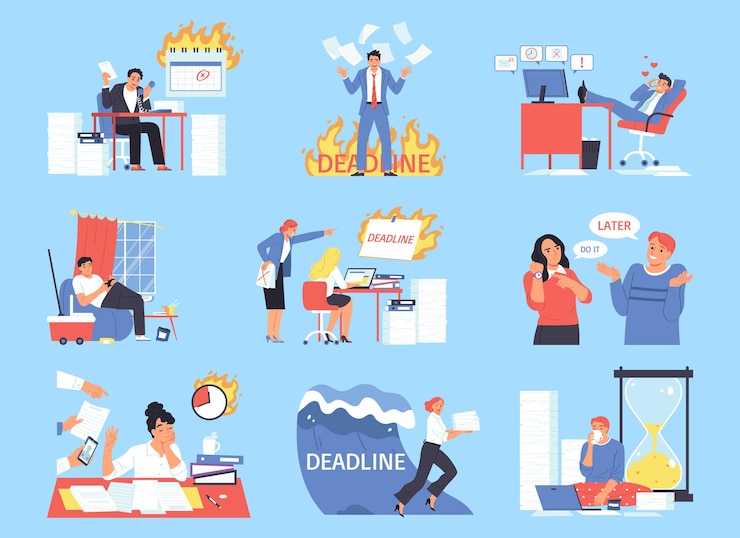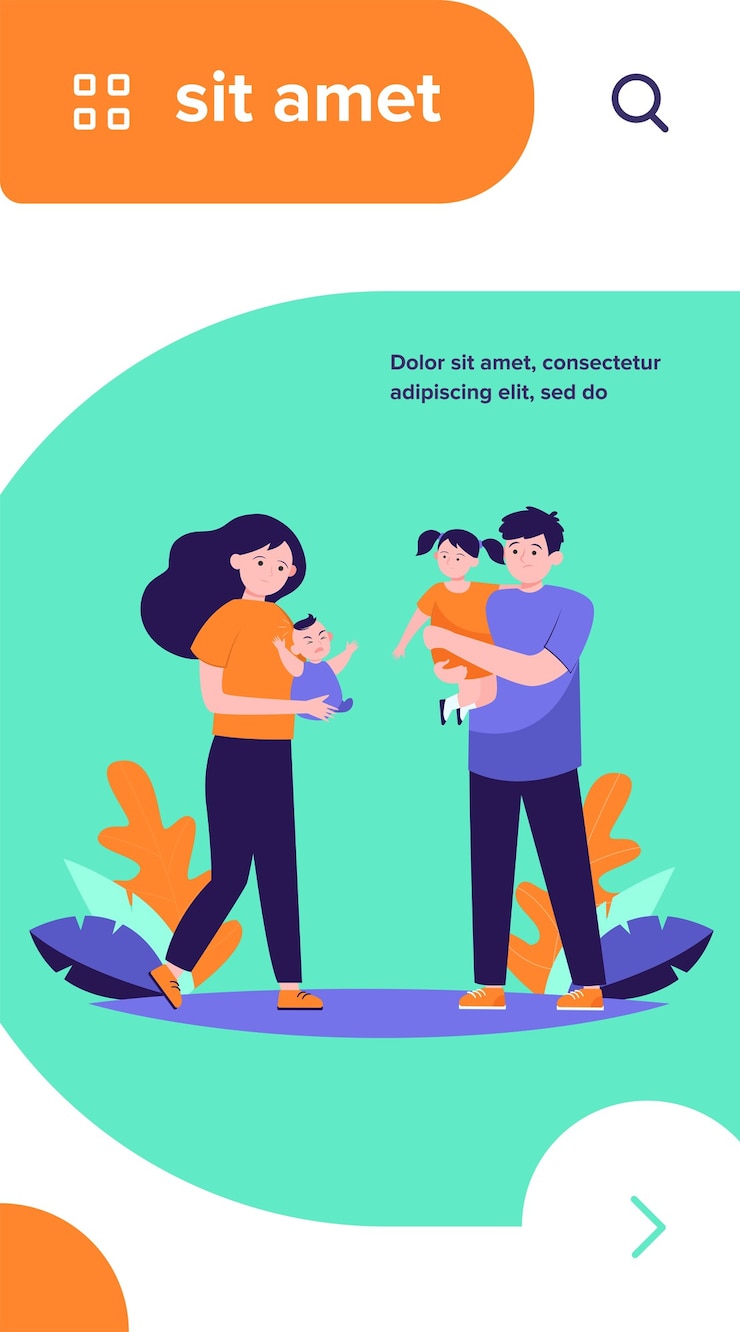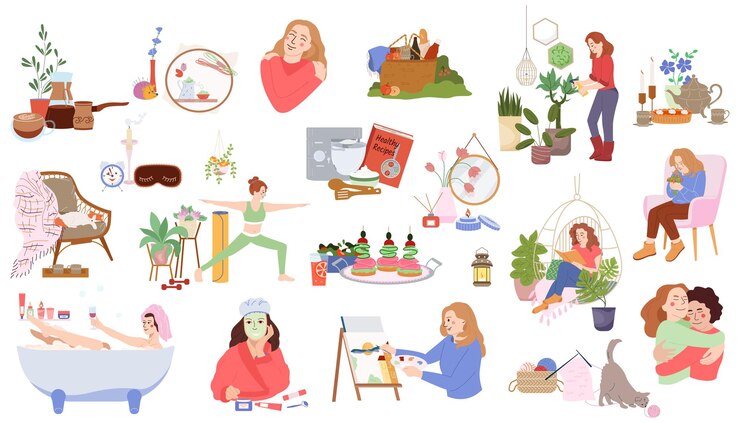
Inside: Discover how to help your child control their anger with the 50 Best Anger Management Tools for Kids, recommended by a Child Therapist.
Table of Contents
While unloading the dishwasher, I listen to the playful sounds of my four and seven-year-olds having fun in the next room. A smile crosses my face as I hear them creating another dance “recital” in the living room.
As I think about how much I dislike unloading the dishwasher and ponder dinner plans, their joyful noises suddenly change to loud cries.
“You said I could perform first!”
“I never said that! You’re lying!”
“Fine then, I quit!”
My seven-year-old storms out, knocking over the plastic stool “stage” on her way out.
You want to help your child learn how to manage their anger, but you’re unsure where to begin. Dealing with frequent outbursts can disrupt family life. While all children occasionally struggle with anger as part of their development, some find it more challenging to handle intense emotions.
Whether your child is experiencing a developmental phase (hello toddler and teen years!) or is often seen as an “angry child” needing extra support, this list of anger management tools for kids can help.
Understanding anger—a complex emotion—is key to managing it. Helping your child explore various aspects of anger is effective in teaching them how to cope.
Topics to consider include:
1) Why we experience anger
2) How anger physically affects our bodies
3) What triggers our anger most often
4) The impacts of unchecked anger
5) Healthy ways to deal with anger
These tools address all these areas and are suitable for children of all ages, from toddlers to teens.
On related topics — What to do When Your Angry Child Refuses Coping Strategies
Picture books are excellent anger management tools for younger children. Using books in teaching is known as bibliotherapy, a technique that allows children to relate to characters and themes and learn about emotions through stories.
For teens and elementary-aged kids, workbooks are fantastic resources. They offer an interactive experience, promoting critical thinking and self-reflection about emotions and behavior.
Play is a child’s natural language and is one of the best ways to encourage emotional regulation. Engaging strong-willed children with fun, creative anger management games and card decks can be highly effective.
Albert Einstein once said, “Play is the highest form of research.”
Additionally, parents can significantly influence their child’s ability to manage anger by modeling healthy attitudes and behaviors themselves. These are resources I often suggest for parents in my therapy practice.
Dr. Dan Siegel states, “The best predictor of a child’s well-being is a parent’s self-understanding.”
Providing your child with a better understanding of anger is an important protective factor, meaning it can reduce the risk of negative outcomes associated with unmanaged anger.
What strategies have you tried to help your child manage their anger?
P.S. If you’re raising a child with intense emotions, finds it hard to listen, and challenges you frequently, this free guide is for you. Click here for more cooperation and less conflict.
Empower your child with essential life skills. Join 30,000 other dedicated parents who get the Parents with Confidence weekly email, and receive a 5-day FREE email parenting course where you’ll learn:
* The best way to protect your child’s self-esteem
* How to effectively gain your child’s cooperation
* The most valuable skill a child can have for the future
* How to discipline your child without emotional harm
JOIN + SEND MY ECOURSE!
No spam. Unsubscribe anytime.
Built with Kit
Other resources:
– ADHD in Kids and Anger
– How to Raise an Emotionally Intelligent Child
– 10 Everyday Ways to Improve a Child’s Behavior and Mood
About Angela Pruess, LMFT
Welcome! I’m Angela, a licensed children’s mental health professional, positive parenting coach, and a mom of spirited kids who teach me more every day (and give me some grey hairs!). I believe every child deserves to live their best life, and emotional health is the key to lifelong success and happiness. Read more about me and the Parents with Confidence manifesto.



